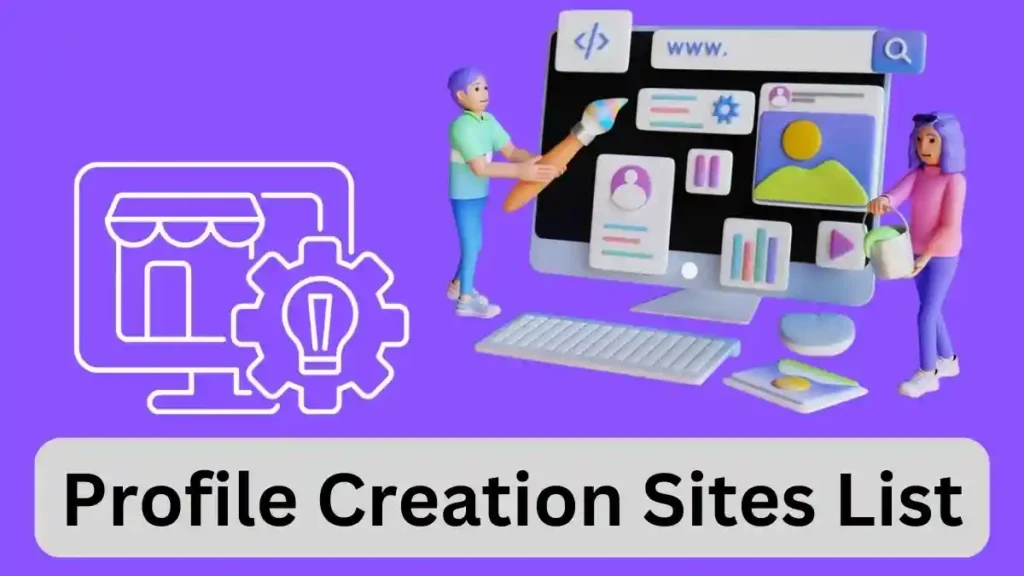In today’s fast-evolving digital world, small businesses face a labyrinth of legal requirements. From privacy laws to accessibility standards, maintaining legal compliance online is crucial not only to avoid hefty fines but also to build trust and credibility with your customers.
If you’re a small business owner, navigating this complex landscape can feel daunting. But the good news is—you don’t have to do it alone. A wide range of powerful, user-friendly tools can help you streamline compliance, reduce risk, and focus on growing your business.
In this guide, we’ll introduce the top 10 essential tools that every small business needs to stay legally compliant online in 2025. These tools cover everything from website accessibility and privacy regulation compliance to document management and security.
Table of Contents
1. Accessibility Widget: UserWay
Why you need it: The Americans with Disabilities Act (ADA) and other global laws now require websites to be accessible to people with disabilities. Failure to comply can lead to costly lawsuits.
Tool highlight: UserWay offers a powerful no-code accessibility widget that automatically enhances your website’s accessibility, helping you meet ADA and WCAG standards quickly. It includes AI-powered fixes, screen reader compatibility, customizable user controls, and ongoing compliance monitoring.
Accessibility Widget Benefits:
-
Avoid legal penalties related to web accessibility
-
Reach a broader customer base, including people with disabilities
-
Easily install without coding knowledge
2. Privacy & Cookie Compliance: OneTrust
Why you need it: With the rise of privacy laws like GDPR, CCPA, and more, managing user consent and data privacy is critical.
Tool highlight: OneTrust helps automate compliance by managing cookie banners, user consent tracking, and privacy policies tailored to different regions.
-
Build user trust with transparent privacy practices
-
Automate handling of cookie consent across your website or apps
-
Stay updated with evolving regulations
3. E-Signature Platforms: DocuSign
Why you need it: Many contracts and agreements require legally binding signatures—digital or physical.
Tool highlight: DocuSign offers a secure platform for electronically signing contracts, keeping your business compliant with electronic signature laws worldwide.
E-Signature Platforms Benefits:
-
Close deals faster and remotely
-
Maintain an audit trail for legal protection
-
Reduce paper use and administrative costs
4. Accounting Software: QuickBooks Online
Why you need it: Tax compliance and accurate bookkeeping are fundamental legal requirements.
Tool highlight: QuickBooks Online streamlines your accounting, automates tax calculations, and generates compliance-ready reports.
Accounting Software Benefits:
-
Save time on taxes and bookkeeping
-
Avoid penalties for inaccurate filings
-
Get insights on financial health
5. Cybersecurity Tools: Norton Small Business Security
Why you need it: Protecting customer data is not just ethical—it's the law.
Tool highlight: Norton Small Business Security safeguards your systems, preventing data breaches and malware attacks.
Cybersecurity Tools Benefits:
-
Comply with data protection regulations (e.g., GDPR, HIPAA)
-
Reduce risk of costly data breaches
-
Protect your business reputation
6. Backup and Disaster Recovery: Backblaze
Why you need it: Regular data backups protect you against data loss and aid in regulatory compliance.
Tool highlight: Backblaze offers automated cloud backup solutions that ensure your company's critical data is safe and recoverable.
Backup and Disaster Recovery Benefits:
-
Meet compliance standards requiring data retention
-
Minimize downtime from data loss incidents
-
Affordable and easy to use
7. Password Management: LastPass Business
Why you need it: Strong password policies and secure credentials management protect confidential data.
Tool highlight: LastPass Business provides secure password storage and sharing tailored for small businesses.
Password Management Benefits:
-
Enforce strong passwords without user hassle
-
Reduce risk of unauthorized access
-
Simplify credential management across teams
8. Compliance Training: Skillsoft or LinkedIn Learning
Why you need it: Employee education on compliance policies reduces risks significantly.
Tool highlight: Platforms like Skillsoft and LinkedIn Learning offer courses on topics like data privacy, security policies, harassment prevention, and accessibility.
Compliance Training Benefits:
-
Train employees regularly with up-to-date content
-
Document training completion for audits
-
Foster a culture of compliance
9. Legal Document Templates: LegalZoom
Why you need it: Proper legal contracts protect your business and establish clear agreements.
Tool highlight: LegalZoom provides easy-to-use templates for NDAs, partnership agreements, and more, along with access to legal advice.
Legal Document Templates Benefits:
-
Access affordable, customizable legal documents
-
Reduce reliance on expensive lawyers for routine contracts
-
Ensure your agreements are legally sound
10. Website Compliance Scanners: Siteimprove or SEMrush
Why you need it: Continuous monitoring detects compliance issues proactively.
Tool highlights: Siteimprove and SEMrush offer tools to scan your website for accessibility, SEO, privacy, and security compliance.
Website Compliance Scanners Benefits:
-
Identify and fix issues before regulators notice
-
Maintain a well-optimized, secure site
-
Improve user experience and search rankings
Bonus Tip: Use UserWay for Automated Accessibility Compliance
If you want to prioritize automated accessibility compliance alongside your other compliance activities, UserWay is your best choice. It requires no coding and provides continuous AI-driven accessibility enhancements.
Final Thoughts: Build Compliance Into Your Business Foundation
Legal compliance is no longer optional for small businesses operating online. It protects your brand, builds customer trust, and avoids costly fines or lawsuits. Fortunately, with the right tools, you can automate much of this work and focus on growing your business with confidence.
Start by evaluating your most urgent compliance areas—whether accessibility, privacy, or cybersecurity—and implement tools step-by-step.
Ready to simplify website accessibility compliance? Check out UserWay and add their accessibility widget today to get a powerful head-start on your legal compliance journey.
Frequently Asked Questions
Q: Which compliance tools should I prioritize?
A: Start with privacy (cookie compliance), accessibility, and security tools, then add document management and training platforms as your business grows.
Q: Can these tools replace legal counsel?
A: They help automate compliance but don't replace professional legal advice. Use them as part of a broader compliance strategy.
Q: Are the tools expensive for small businesses?
A: Many offer affordable tiered pricing and free trials. Some, like UserWay, have free plans with upgrade options.
Q: How often should I update compliance tools?
A: Regularly—at least quarterly—to stay up-to-date with changing laws and technology.
With these top 10 compliance tools in your arsenal, your small business will pave the path toward a legally sound, accessible, and trustworthy online presence.






